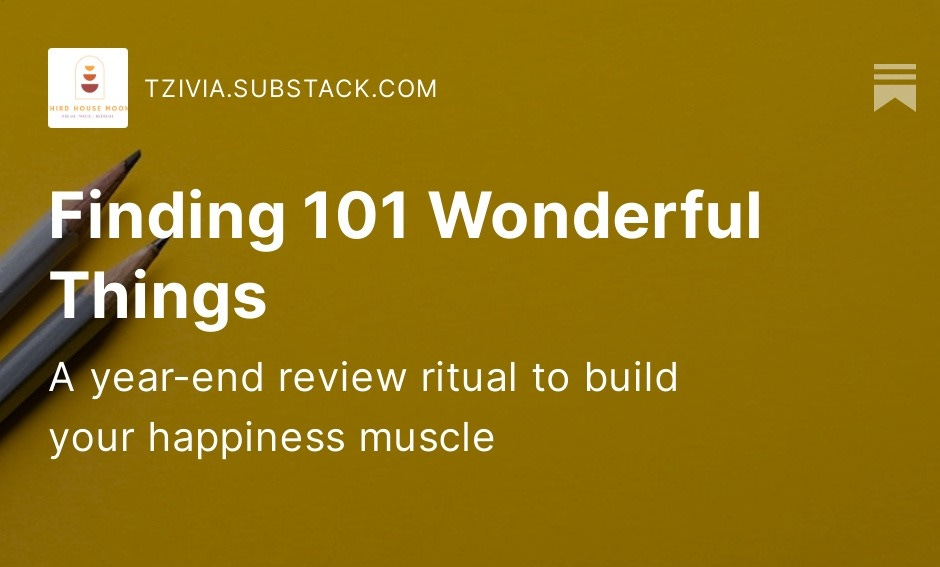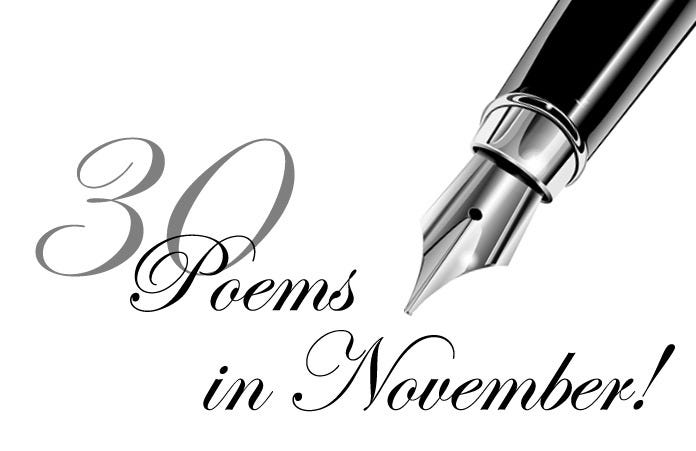Translation, it turns out, is about living the questions
November Poetry Challenge Week 1: Stepping into uncertainty even when it's difficult to put one foot (one word) in front of the other.
First, dear readers, a note before I hit the ‘Send’ button:
This post was drafted and ready to go before the seismic events of the past 24 hours. Item #1 on today’s to-do list was to proofread it and hit the ‘send’ button.
But going about business as usual felt not only wrong, but impossible.
Then I re-read what I’d written a few days ago, and I decided to go ahead and share it with you, after all. Here’s why:
Because I believe in stories. Creating them, telling them and discovering meaning in them is a hallmark of being human. Today I want to connect what is best about being human.
Because suddenly the ground we thought was solid, has shifted beneath our feet. We are left unsteady and uncertain. We have no words, but we are awash in questions. Today I need to make friends with uncertainty and learn to live with the questions.
And because as I write the poems and translations for The Life of H: Sarah Reimagined I am picking up shards of forgotten memory, that I believe can restore (re-story) us to a fuller, richer, sense of our human potential as diverse peoples whose destinies depend on learning to live in respect and harmony with one another together on the Earth we share.
Most of all, I am going to hit ‘send’ today because I find wisdom, joy, and hope in doing this work. And I want to share that with you.
That said, if what you need today is quiet. Is no more words. I get that. Take care of yourself. Really. We’ll connect another time.
But, for those who are sticking around:
Welcome back to The Life of H: Sarah, Reimagined where we dig into an ancient story and bring back treasures from it.
As you know I’ve been taking a course in biblical Hebrew so I can translate Sarah’s story for myself. Here’s what happened after class last week:
Live in the questions
I lingered in the Zoom room at the end of a recent session of my biblical Hebrew class because I had some questions for the rabbi.
Usually this time is used to get more clarification about the verb tenses, confounding prepositions, or grammatical challenges from the week’s homework. I always have plenty of those, but lately I’ve been perplexed by other matters, too.
On this day I was wondering how the ancient words my classmates and I were translating would have sounded to the ears of the people who first wrote and read them.
When even the most proficient students in our class (of which I am by no means one) render a sentence from Exodus or Deuteronomy, say, into English, and even when the vocabulary and grammar seem straightforward on the surface, our translations can come off as clunky, overly formal, or just plain awkward.
Would the language we are struggling with have flowed easily off the tongues of people living in Judea or Samaria hundreds or a thousand years before the Common Era? Was the archaic Hebrew of Genesis spoken in the marketplace? Was this the syntax spoken by lovers and warriors?
Or would reading the sentences scribed onto parchment aloud back then have been the equivalent reciting paragraphs of legalese at a cocktail party today?
What we call biblical Hebrew was a living language at one time. But would the syntax and vocabulary as we are reading it have been the same used by people seated around their dinner tables three thousand years ago?
“That is impossible to know,” the Rabbi said in response to my questions. The scrolls that we pore over during class were written by, and most likely for, scribes, scholars, and religious leaders. Whereas now many of us have shelves filled with dozens or even hundreds of books in our homes, at that time, before the codex, let alone the modern book had been conceived of, few people would have had direct access to the written version of the Torah.
Who would, and who would not have been, familiar with the stories, laws, and histories in these sacred texts? "We don't know that for sure, and we surely can't know how people spoke amongst themselves," he said.
For a moment I feared I had wasted the rabbi’s time. I thanked him, and was about to close my laptop when he called my name.
I moused my cursor away from the “Leave” button just in time to hear what he had to say:
“Tzivia,” He began, “we may not ever know all the answers. But it’s the questions that are most important. Keep asking them.”
I smiled, and thanked him again. I am so grateful to have a teacher who values curiosity and reminds me:
Questions are keys that open doors into rooms full of new ideas, perspectives, information, and conversation. They open us onto new paths and into new possibility.
For those who have no words, no answers, no certainty take heart from these words:
“Be patient toward all that is unsolved in your heart and try to love the questions themselves, like locked rooms and like books that are now written in a very foreign tongue. Do not now seek the answers, which cannot be given you because you would not be able to live them. And the point is, to live everything. Live the questions now. Perhaps you will then gradually, without noticing it, live along some distant day into the answer.”
―Rainer Maria Rilke
If you are a paid subscriber, or if you signed up to support my ‘30 Poems in November’ fundraiser, keep scrolling for this week’s translations and my update on the 30 Poems Project.
For 30 Days in November, I am attempting to (at least) write a rough poetic translation of a verse from Sarah’s story each day. When you pledge your support for this challenge, you contribute to an amazing cause. You’ll also receive complimentary access to paid subscriber benefits to this newsletter through the end of 2024, so you can access my poetic translations, poems, and fundraising progress with you as I go.
New opportunities
A mini-course delivered to your inbox when you upgrade to a paid subscription:

Come home to your writing this winter
Register for this virtual stay-home writing retreat by Nov. 15 for Early Bird discounts!

In this low-cost Write-at-Home retreat, you’ll write at home at your desk or by the hearth—or close to home: at a local café or library—it’s up to you.
Work on a big project or just get in the flow with daily writing prompts and virtual check-ins with a community of other writers.
Friday-Sunday, Jan. 24-26. Beginning Friday at 4 p.m. US Eastern Time through Sunday at 4:30 p.m. US Eastern Time.
Early Bird Special when you register by Nov. 15
Get 20% off PLUS you’ll get a free book (by me) of your choosing (for mailing in the US—or an ebook as available for those outside the US)
Keep reading with a 7-day free trial
Subscribe to The Life of H to keep reading this post and get 7 days of free access to the full post archives.





